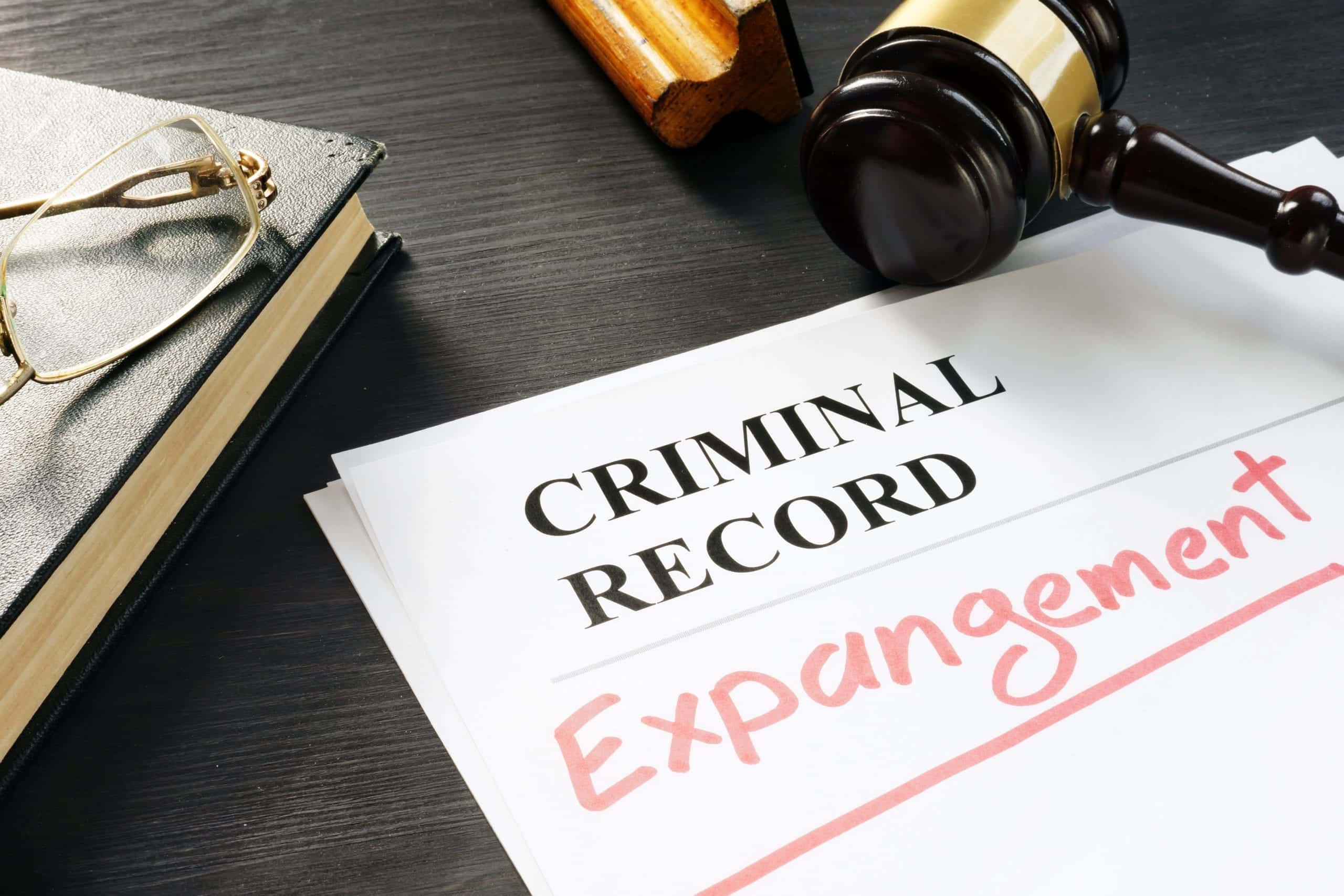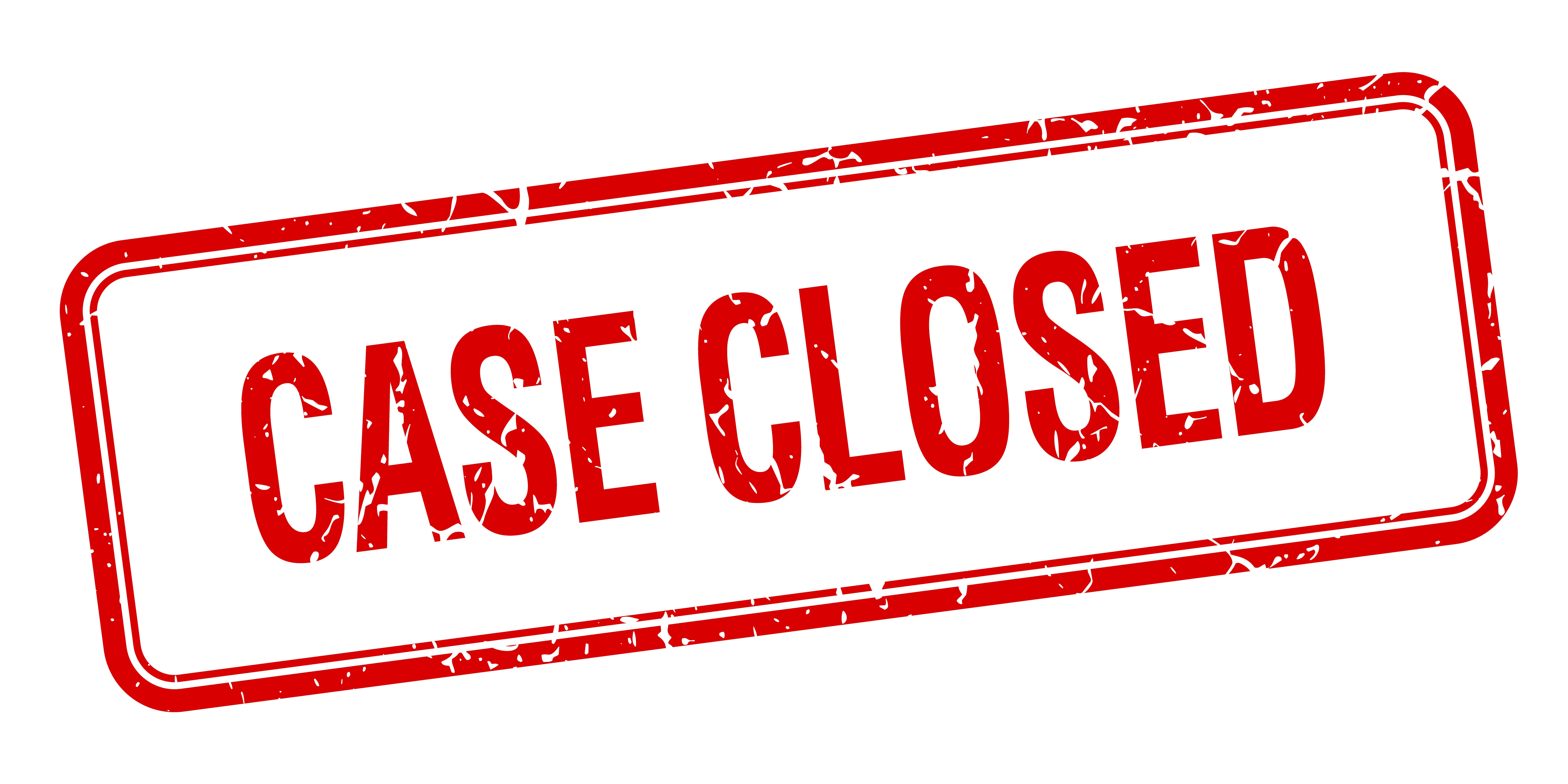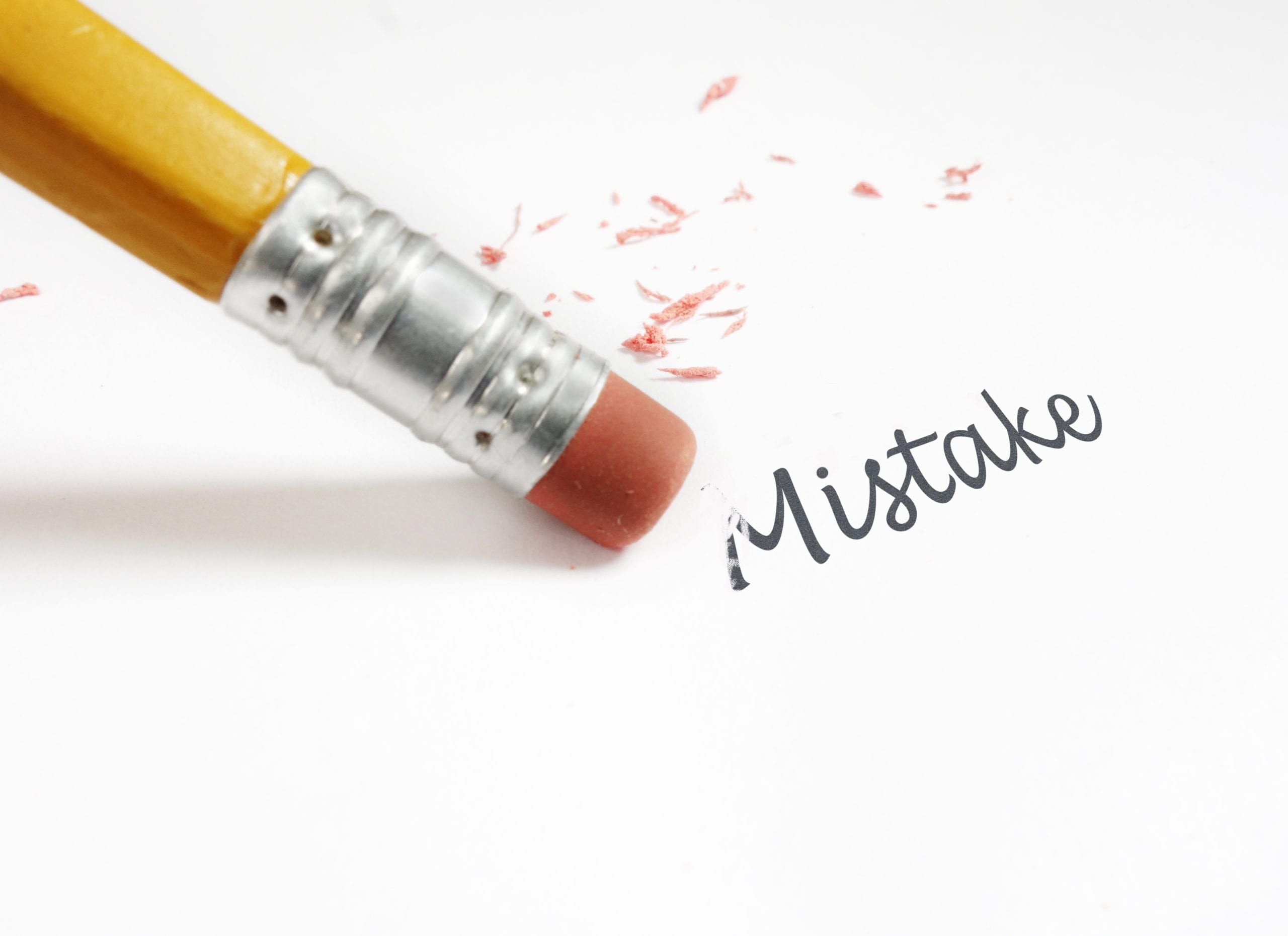- Home
- THE FIRM+
- Criminal Defense+
- CASE RESULTS
- AREAS WE SERVE+
- FAQ’s
- Blog
- Contact
AZHARI LLC BLOG

Posted By: Sami Azhari
Category:
COVID-19 has slowed things in the world down significantly, closing many businesses and public services – including local courts.
Before the pandemic hit, headlines abounded about mass expungement in the wake of the passing of new marijuana legislation. In fact, in December of 2019, the Illinois governor granted over 11,000 pardons for low-level convictions involving marijuana.
Now, with the courts closed, if you were a part of pardoning, you may be asking yourself whether everything simply put on hold.
Actually, if you’re seeking record expungement, you can still work with your attorney on the preliminary paperwork. Here’s what you need to know about expungement in Illinois and the resources available to you even while courts are closed.
What Does It Mean for My Record to Be Expunged?
Simply put, it means your criminal history becomes unavailable certain parties and to the general public. Having your criminal records returned to you, destroyed, or removed from the public record is expungement.
Expunged records will not show up in criminal background checks and employers cannot consider them to determine employment eligibility. Interviewers are also not allowed to ask someone whether they’ve had records expunged.
Which Criminal Records Will Be Made Unavailable to the Public?
In Illinois, many crimes related to marijuana can be expunged, but that’s not all. You can also have any arrests or charges expunged from your record as long as you were never convicted of the criminal offense you were arrested or charged with.
The only offenses that cannot be expunged, even if you were not convicted, are:
- Supervision for a DUI
- Supervision for sex offenses against minors
- Supervision for reckless driving
Court supervision for these offenses cannot be expunged from your record but it also does not prevent the expungement of other records. Juvenile convictions cannot prevent expungement either.
Expungement for Minor Marijuana Offenses
Since marijuana is now legal in Illinois, the type of record you have determines how you can move forward with expungement.
Automatic Expungement on Minor Offenses
For minor offenses, you may qualify for automatic expungement. An example of a minor offense is possessing or dealing 30 grams or less of marijuana before June 25, 2019.
You also must not have provided marijuana to someone under the age of 18 or who is at least three years younger than you and you cannot have been arrested for any violent crime at the same time as you were charged with the marijuana crime.
One year since your arrest must pass without having any additional charges filed with the court. OR when the charges were vacated or dismissed or if you were acquitted, you qualify for automatic expungement as well.
Expungement of Convictions for Minor Marijuana Offenses
If you have been convicted of minor marijuana offenses, you may still qualify for expungement. The process is just a bit longer.
The record will first go to the Prisoner Review Board and they will recommend that the governor expunge the record. If the governor approves, then the Attorney General files a petition where a) the conviction took place, and b) where the record must be expunged.
If approval is granted, then the Circuit Clerk notifies you and gives you a copy of the expungement order.
Eligibility is Different for Dealing or Possession
A conviction for possession of fewer than 500 grams or dealing less than 30 grams still qualifies you for a record expungement.
How much marijuana you were found in possession of or attempted to deal, along with the date of the conviction, has a bearing on the eligibility of expungement.
If you qualify, then you must file a “Motion to Vacate and Expunge” with the court. You can do this on your own or the State’s Attorney can do it for you.
How to Start an Expungement Request
If you want to get the ball rolling on your expungement case, then you do not have to wait for the courts to open again. Instead, you can work with a lawyer to help you take the following steps:
- Obtain copies of your criminal records including charges, arrests, and case results
- Review them to decide which records you’d like to petition for expungement
- Fill out the correct expungement forms
- File forms with the Circuit Clerk in the county you were charged or arrested
Additional Information on Filing for Expungement in Illinois
You can file in person or you can fail by mail, which is the preferred method when the courts are closed. Simply make sure to check whether your county’s Circuit Court requires you to appear in person. Some do, but others do not. You can also file online, just check with the county Circuit Court’s website for more information.
If you cannot pay the fee required to file your forms, then you can request assistance in the form of a fee waiver.
You may need to wait for a court date in order to have the records expunged, but that doesn’t mean you cannot get the paperwork in order and file in the meantime, even with COVID-19 on the loose. Get a headstart on putting the past behind you.
EXPUNGE YOUR RECORD WITH THE HELP OF A SKILLED LEGAL TEAM TODAY!
Expunge Your Record with The Help of a Skilled Legal Team Today
Even amidst the COVID-19 pandemic, you can take proactive steps towards clearing your criminal record through expungement. If you’ve been waiting for the courts to reopen to address your expungement case, you don’t have to delay any longer.
At Azhari LLC, our experienced attorneys specialize in assisting individuals with expungement cases in Illinois. Don’t let past mistakes hold you back any longer. Contact us today for a complimentary consultation to discuss your expungement options.
About the Author
Sami Azhari has been working as a lawyer since 2007, after receiving his Juris Doctor from the Michigan State University College of Law. He has handled numerous state and federal cases and is known throughout the Chicago and Rolling Meadows area for providing his clients with high-quality, skilled representation. He has been recognized by SuperLawyers, the National Trial Lawyers Association, and other notable organizations, and has spoken at a number of legal conferences.



























































